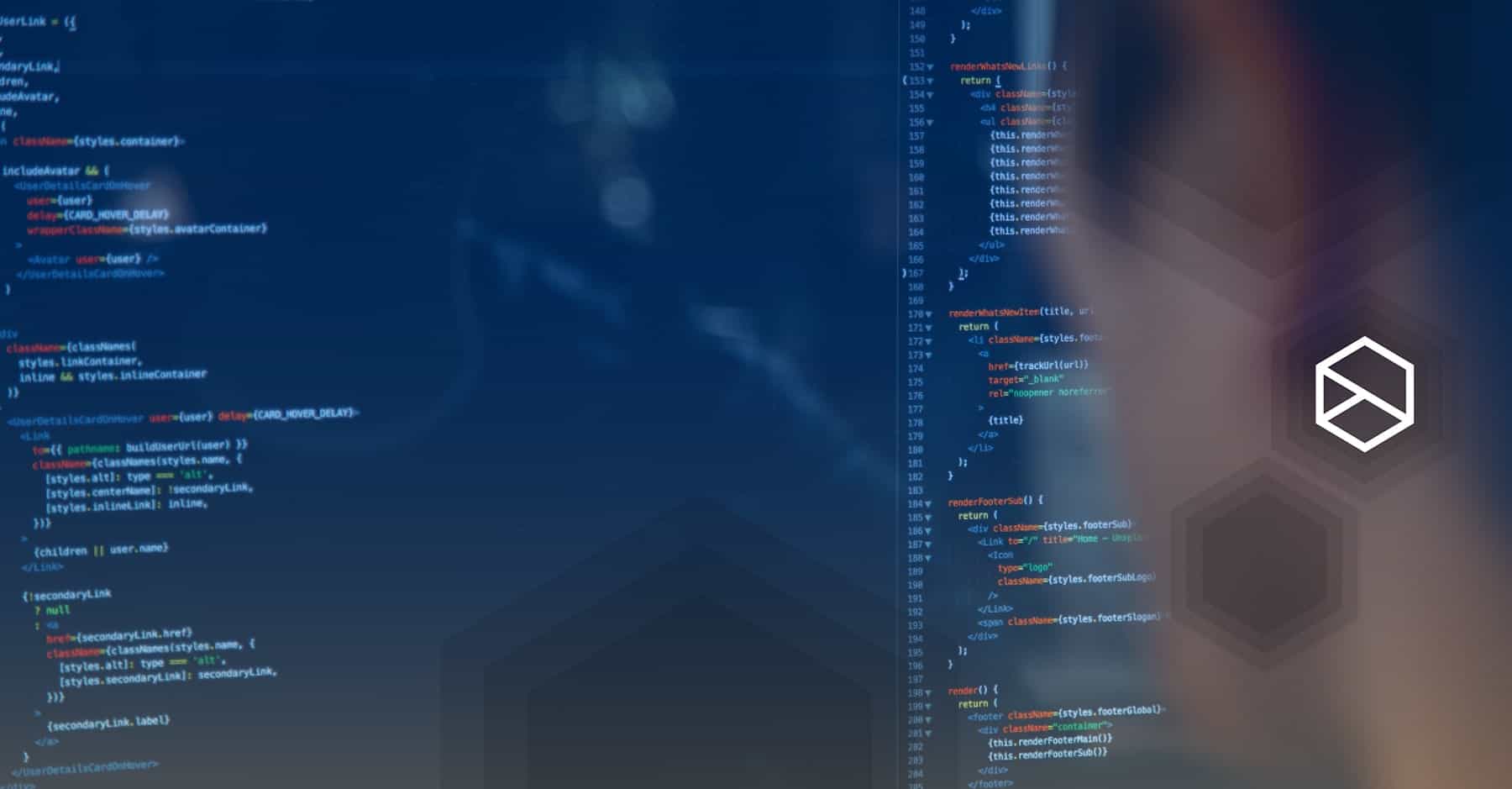Last Updated on 8 June 2023 by admin
Table of Contents
Software as a Service (SaaS) companies are becoming increasingly popular, offering innovative solutions that epitomize functionality and affordability. The SaaS industry is predicted to generate a staggering $105 billion in revenue this year alone. Cyber security has become an integral factor for SaaS companies to maintain trust with their client base therefore critical for their success. Due to the agile nature of SaaS companies, it is crucial for them to implement a dynamic and robust approach to security. Penetration testing offers just that, making it one of the most important and trusted security solutions available.
Why do SaaS companies need penetration testing?
SaaS companies are unique from other types of software in two ways. First, they store and transmit vast amounts of data often highly sensitive. Second, they are inherently dynamic, due to the need to adapt to ever-changing customer requirements and stay competitive by adding new innovative functionality. Inevitably, the constant addition of these new features presents ample opportunity for vulnerabilities to be introduced creating potential attack vectors. Penetration testing is critical to ensure that vulnerabilities are detected and remediated in the development process to reduce cyber risk and improve security posture.
Ethical hacking simulates a real-world cyber-attack in order to assess and attempt to exploit any weaknesses in an organization’s security measures by testing the application and infrastructure level defenses. Summarized below are some benefits of implementing penetration testing to your SaaS security strategy:
Understand your digital health to eliminate the risk of a data breach
For any SaaS organization, you need assurance that the application and infrastructure layers are as secure as possible adhering to security best practices. Running frequent penetration tests will provide a detailed overview of the security of your online environment. Insight into your attack surface will reveal how proficient your security controls are, highlighting gaps in your system’s defense. Existing vulnerabilities that could be exploited are detailed and can then be mitigated.
With cyber-attacks on the rise, it is important to adopt a proactive approach to protecting your IT systems, applications, and digital infrastructure. Developers could unknowingly introduce vulnerabilities as they create your application, such as misconfigurations (or packages that go out of date over time) that could expose user information to attackers. Successful exploitation of attack vectors allows DevOps to remediate vulnerabilities to prevent future potentially malicious infiltration that could lead to a detrimental data breach. There is an abundance of real-world examples that demonstrate the kind of financial and reputational hazards which can result from a cyber attack.
Benefit from human x machine intelligence
Penetration tests consist of both automated tools and manual ethical hacking techniques, using specialized vulnerability scanning tools and applying the majesty of the human mind to identify and target vulnerabilities. The creative thinking and expertise of expert security testers elevate the efficacy of penetration testing. The collaboration of human and machine intelligence means applications are examined meticulously to detect and locate dangerous vulnerabilities that could be overlooked by automated scanning tools alone. In addition, testers can also provide in-depth recommendations from first-hand experience on how to strengthen your defense.
Adapt and modify your security program
Critical security insights (such as the location of attack vectors) provided by penetration testing empower you to amend your security strategy accordingly, making it an effective security solution that allows for adaptability and scalability. When you understand the exact nature of your vulnerabilities, you can adapt your development approach to helping eliminate the same types of vulnerabilities being introduced in the future. This is especially relevant if you are developing multiple SaaS solutions using the same development technologies and processes.
Comply with data protection regulations
For SaaS organizations and their customers, the security of the platform is business-critical. To comply with increasingly stringent data security regulations, organizations must regularly test their digital architecture for vulnerabilities. Mandatory requirements for penetration testing vary from one sector to the next. Trust is the main concern for consumers when using online software. Non-compliance to regulations – such as GDPR and The New York Shield Act – is not an option, so security is considered imperative by IT specialists. Failure to comply can result in costly fines and significant reputational damage for both the software vendor and the customers if a breach were to occur.
Gain a competitive advantage
Being cyber security-certified also of course provides your SaaS organization with a competitive advantage. Prospective clients are going to be more trusting if you can evidence that you prioritize their data protection. Through the process of completing regular penetration tests, your customer relationships will be strengthened and are more likely to be maintained in the long term. More often than not security will be discussed during the contracting phase with new customers. Being able to demonstrate your security program will be essential to winning new business especially when it comes to areas of compliance.
Failing to implement appropriate security measures poses serious consequences for all, but SaaS companies are especially dependent on them.
How Informer can help
An annual penetration test alone is no longer enough to protect your external environment. Agile business development requires agile testing and can ultimately determine a SaaS company’s success.
Our experienced team of CREST-accredited testers provides expertise and a human approach that machines alone simply cannot match. To find out more get in touch.





